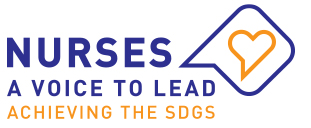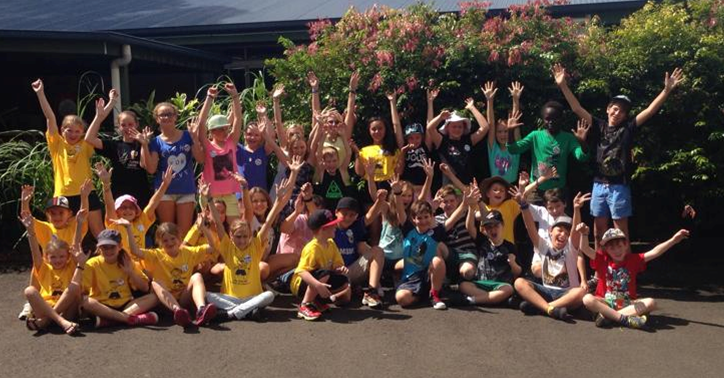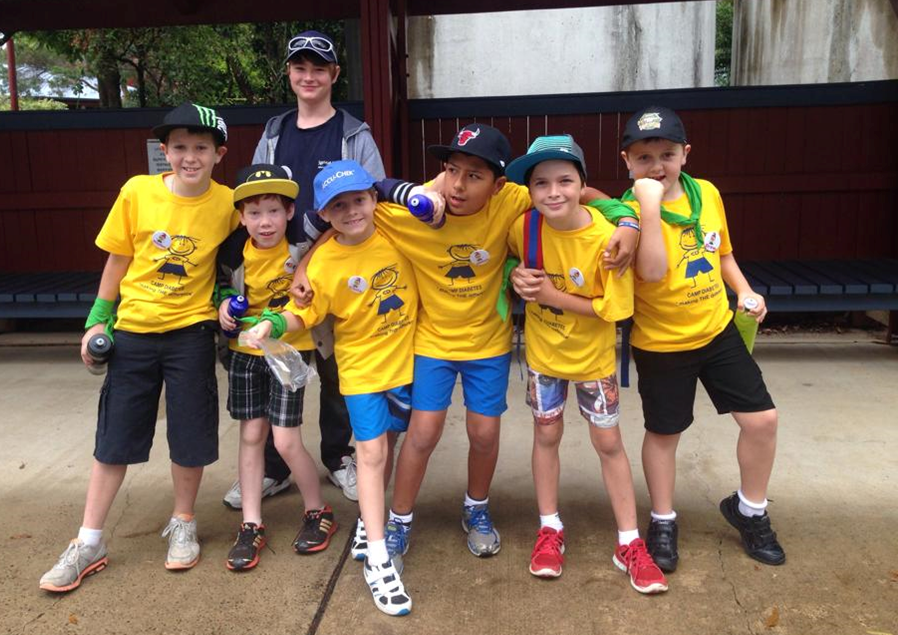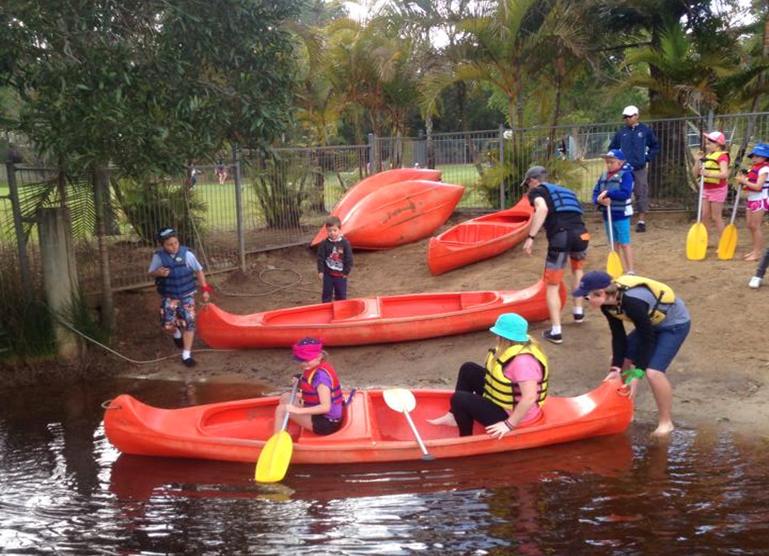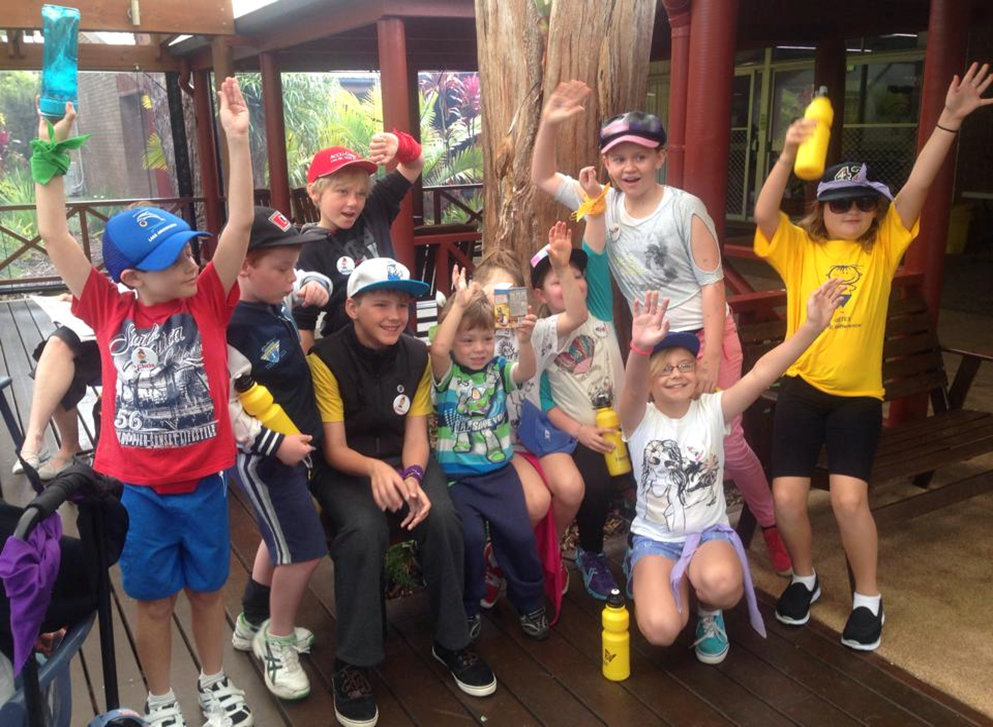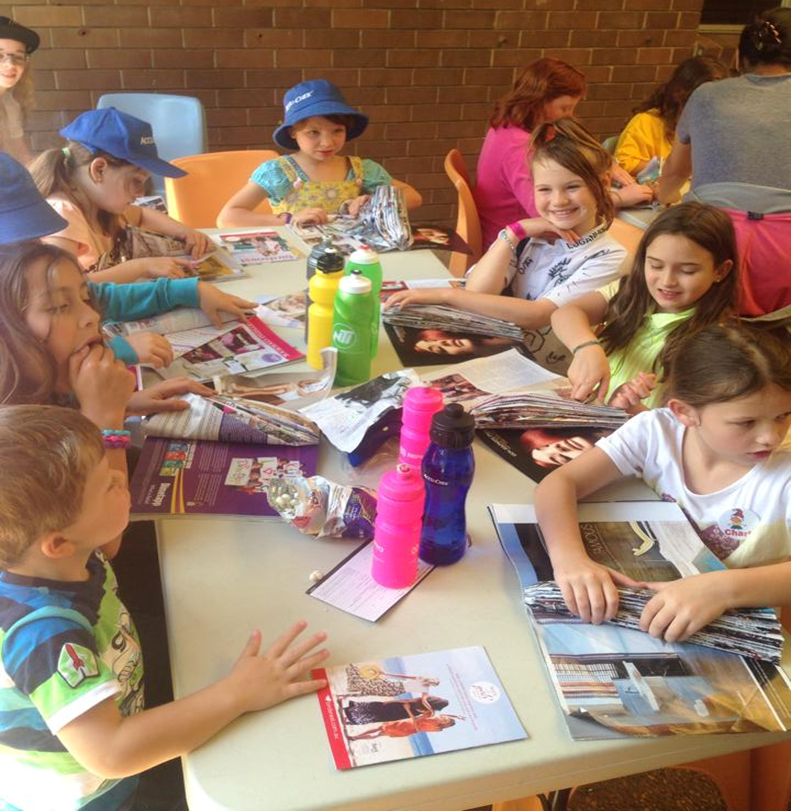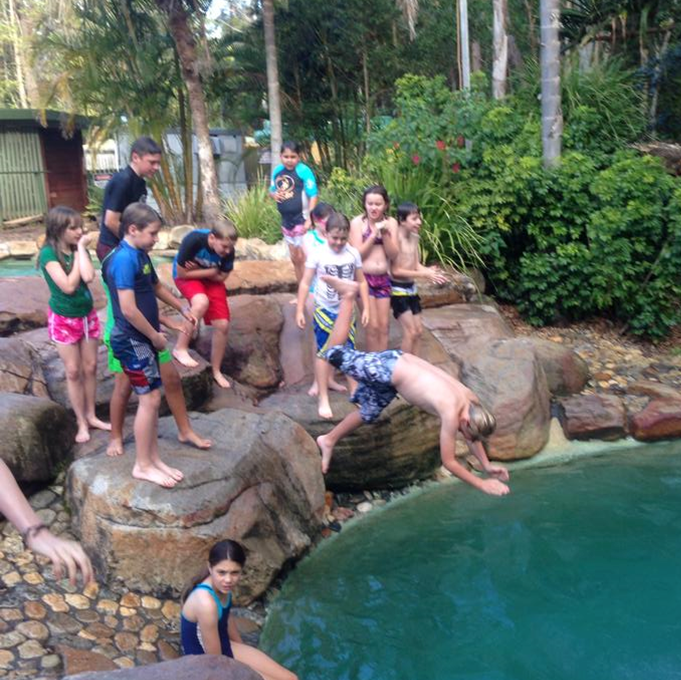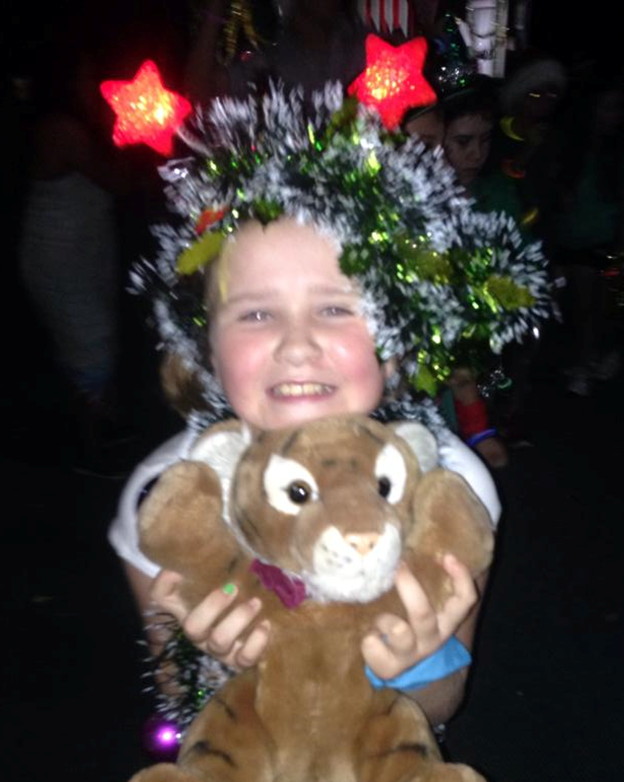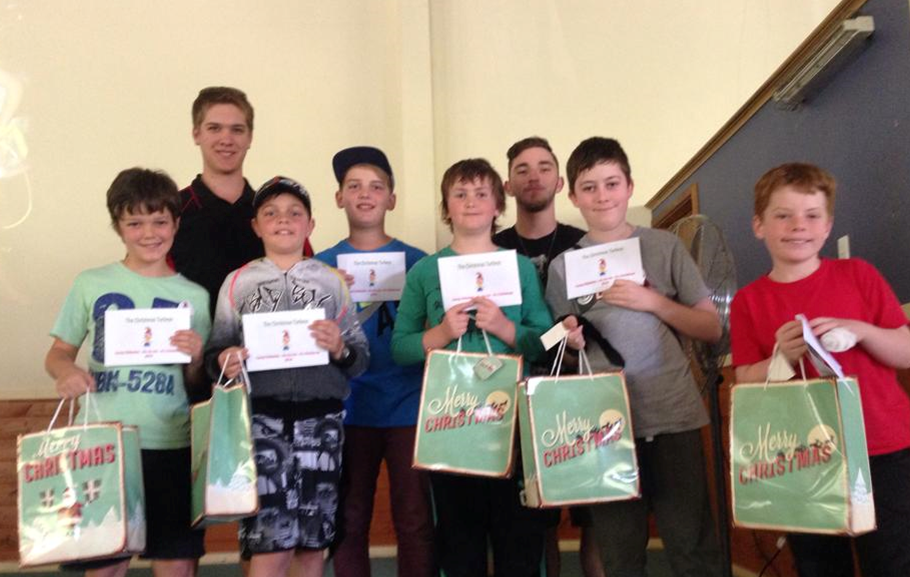Camp Diabetes, Australia
There’s like 60 kids all getting finger pricks and having their needles or pump sites. I’ve never seen so many people like me. Even the staff have diabetes too. Carrie, 11
In Australia, each year over 2,500 people are diagnosed with type 1 diabetes (11 cases per 100,000 people). Almost two in every three people diagnosed with type 1 diabetes were under the age of 25, with a peak diagnosis at 10 – 14 years of age. [i]
A child or teenager who is diagnosed with diabetes will most likely have a range of emotions and reactions. Often children experience shock, denial, anger, sadness, fear and guilt. The early stages of being diagnosed with diabetes can be an extremely challenging time for both parents and especially the children.
Julie Pearson, a Clinical Nurse Consultant in Diabetes at the Gold Coast University Hospital has been pivotal in supporting children and their families through this difficult period of time. Each year, Julie manages ‘Camp Diabetes.’ Camp diabetes is a camping program for children and teenagers with Type 1 Diabetes and their families.
There are eight camps per year and this includes:
- Camp Diabetes – Jelly Beans. Weekend camps for parents and children aged 0 -8 years
- Camp Diabetes – Young Guns – and action packed weekend camp for teenagers with Type 1 Diabetes aged 13 – 18 years (no parents allowed)
- Camp Diabetes Sleepover Camp – a great introduction to the Diabetes camp experience for children aged 9 – 12 who may be anxious to spend a whole week away from home (no parents allowed)
- And the flagship of the Camp Diabetes Programme – the themed 9 – 12 camp where a minimum of 60 – 80 children from all over Queensland and interstate spend a week learning more about their Diabetes in a fun and supportive environment
“There’s like 60 kids all getting finger pricks and having their needles or pump sites. I’ve never seen so many people like me. Even the staff have diabetes too.” Carrie, 11.
The camp provides a wonderful opportunity for health professionals to spend time with children and families with Type 1 Diabetes and provide the care, education and support they need to manage their condition.
It cannot be underestimated the positive effect for the parents of children aged 9 – 18 years who are given ‘time out’ from the 24 hours a day routine of diabetes and for parents of children aged 8 and under, who are given the opportunity to meet and share their experience of Diabetes with other parents. It is surprising how many children have never met another child with Diabetes and the young campers are often amazed when they arrive at camp to find that the majority of people, including staff also have diabetes. The benefit of positive peer pressure cannot be underestimated and many children (in the 9 – 12 camps) will learn to do their own blood glucose testing manage their insulin pumps and draw up and give their own insulin injections for the very first time under the watchful eye of their diabetes educator and support of other campers.
Julie believes that the program supports many parents, carers and people with Type 1 Diabetes to manage their diabetes in a much better and less stressful way. “I hope that Camp Diabetes will continue for many, many years yet and that the benefits of the camping programme for these children will result in happy, psychologically well adjusted young adults.”
References
[i] Australian Institute of Health and Welfare (2016). Incidence of insulin-treated diabetes in Australia 2014. Canberra, AIHW.
